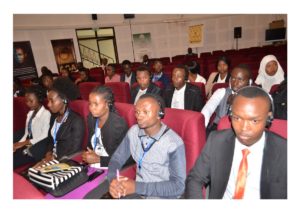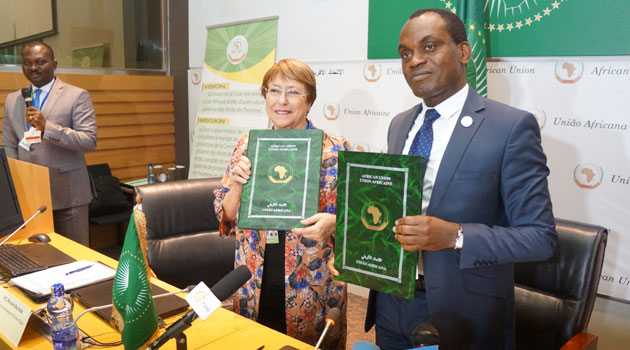By: Justin Furry
Special Feature Reporter
Last month, the Inter-American Commission on Human Rights rejected the request for precautionary measures requested by the founder of WikiLeaks, Julian Assange against Ecuador. Assange has been taking refuge in Ecuador’s London embassy since 2012 to avoided being extradited to Sweden, where authorities were seeking to question him as part of a sexual assault investigation. Although that investigation was later dropped, Assange fears he could be extradited to and face charges in the United States, where WikiLeaks is currently being investigated by federal prosecutors.

Assange’s complaint against Ecuador arises out of new set of rules imposed by Ecuador. In October 2018, Ecuador forced Assange to comply with a new “cohabitation protocol.” These new rules forced Assange to take responsibility for his maintenance, health, food, cleaning and laundry expenses, as well putting restrictions on who could visit him and when. The Ecuadorian government has said that if Assange fails to comply with the new rules, then it would lead to a potential withdrawal of Assange from asylum.
Assange says Ecuador is seeking to end his asylum and is putting pressure on him by isolating him from visitors and spying on him. A friend who regularly visits Assange says he complains privately that the Ecuadorian government recently removed embassy diplomats who were sympathetic to Assange and replaced them with officials who are much less friendly towards him. Assange’s lawyers have also cited media reports suggesting Ecuador’s president Lenin Moreno had tried to reach an agreement with the United States on handing over Assange to the United States government in exchange for debt relief.
Assange’s complaint to the Inter-American Commission on Human Rights argued the existence of a “potential risk” to his situation in the embassy for the conditions that regulate his asylum granted in 2012. Assange also demanded that he be protected from extradition to the United States. In November 2018, United States federal prosecutors mistakenly made public a document which suggested that Assange had been secretly indicted by the United States. United States Officials have denied that Assange has been charged and his name mistakenly appeared in the document in an apparent “cut and paste error.”
The Inter-American Commission on Human Rights announced its decision to reject Assange’s complaint through a statement issued by the United State’s Attorney General’s Office. The Attorney General’s Office stated “(t)he decision was based on the fact that the request filed by Assange did not comply with the requirements of gravity, urgency and irreparable harm provided for in Article 25 of the Rules of Procedure of the IACHR.” Although the Commission rejected Assange’s complaint against Ecuador, they did remind Ecuador of an international law which states “that no state should deport, return or extradite someone to another country where that person might face human rights abuses.”
With his complaint against Ecuador being rejected, it seems like only option for Assange is to comply with the new rules imposed by Ecuador or possibly face a withdrawal of his asylum.
For further information, please see:
Reuters – Human rights agency rejects Assange complaint against Ecuador – 14 March 2019
Telesur – IACHR Denies Precautionary Measures Requested by Assange – 13 March 2019
Telesur – IACHR Requests Information on Assange’s Condition – 1 February 2019



